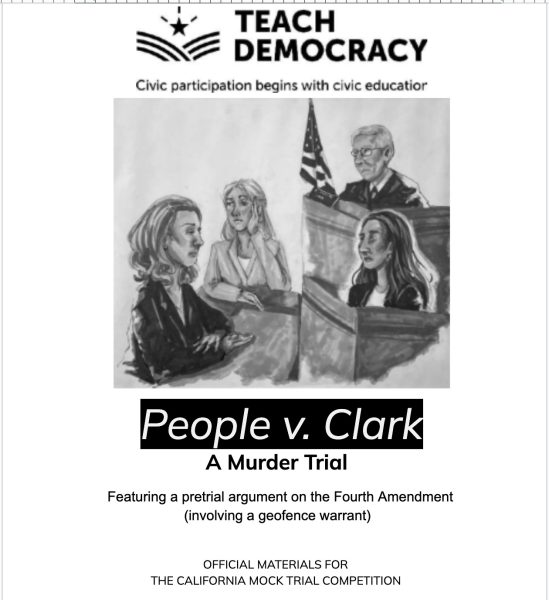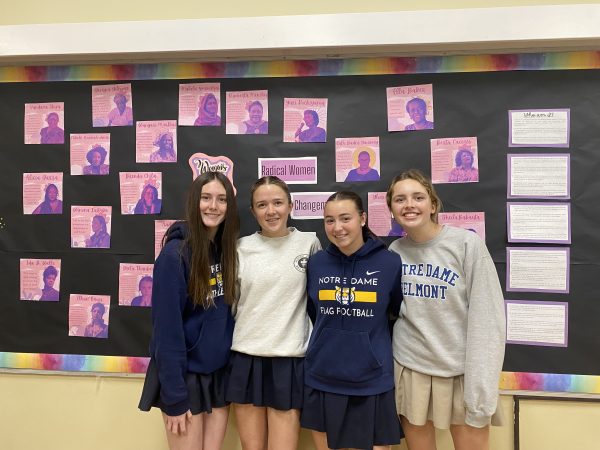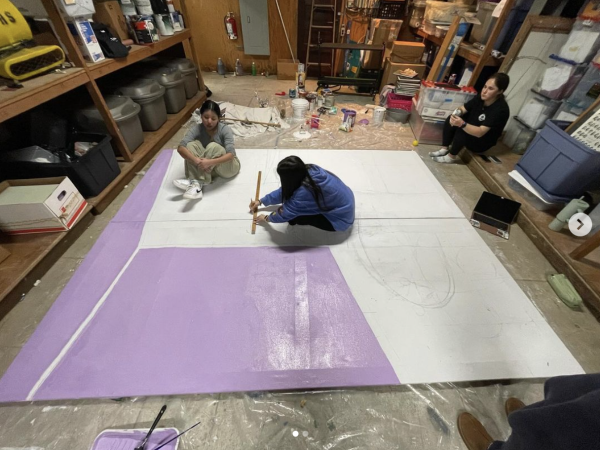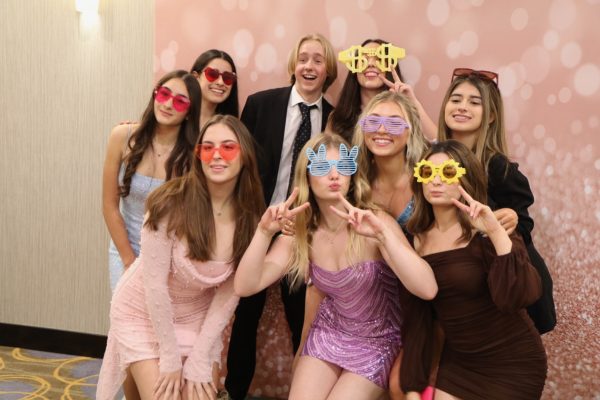Student Social Media Use Creates Concern for School Resource Officer Eric Gonzales
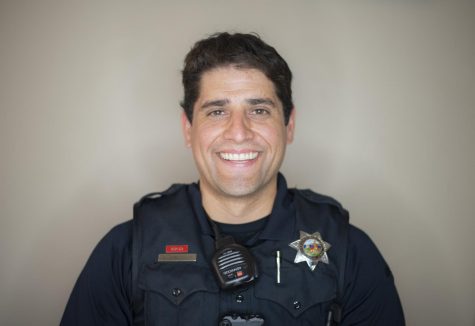
In light of the App-Free Challenge at NDB, The Catalyst interviewed Belmont PD resource officer, Eric Gonzales, who discussed digital consent and the proper use of social media. As a resource officer, Gonzales focuses on student wellness, particularly teens, “I think that the App-Free Challenge is pretty cool. This is a small community and it’s way more effective here than at any public school”. During the week of 10/1, 14 NDB students stopped using Snapchat, Instagram, Twitter, YouTube, and Netflix in hopes of decreasing distraction in their lives.
Digital consent is much more complicated than in-person consent, “When you install software on your computer, there are these huge policies that no one ever reads” says Gonzales, “If you read it, you’ll learn a lot about what the application is taking as far as information”. It is nearly impossible to track exactly where all of your information is going and who has access to it. Gonzales gives an example, “If you allow them permission to access your contacts, well what do they do with your contacts? Do they sell it? Do they upload it somewhere? Do they share it with another program? We don’t know.”
With the ability to communicate and learn through the internet, comes the potential misuse of social media and other technologies. Gonzales discusses the abuse of technology, “I look at it (social media) like the dark web. That was created by our government from what I know. And our government used it to securely store things over the internet and communicate effectively. Well, look at the flipside of it: there’s people doing a lot of illegal things using that software”.
Though popular, especially for teens, social media can create drama and concerns to overall safety. “I would ask people in high school, what is the point?…At the end of the day, if you start to go through your friends list, you start to wonder. Are these really my friends? Why am I friends with this person?”. Gonzales sees social media contributing problems including cyber bullying and sexting, “When I first started this job, someone told me that ‘sending a nude was the new first date’. That’s hard to hear, hard to listen to, and hard to believe”.
Working with local schools, resource officers like Gonzales are searching for ways curb the misuse of social media platforms among teens. Gonzales says, “Me and the admin are trying to figure out what the solution is, and we’re not really sure. We just try to educate”.
Appropriate online behavior is discussed at school, but Gonzales says this needs to be a collaboration between resource officers, schools, students, and parents. “A school can educate as much as they can, but at the end of the day you’re going to leave school. You’re at home more than you are at school. If your parents aren’t helping monitor this, then the trust is in you”.
One can ensure they are properly using social media by simply following the rules of digital citizenship. Gonzales sums this idea up well, “Only be friends with people you know, and only do things you would do in real life”. The purpose of social media is not to create complications, but to connect people and form easy ways of communicating. Gonzales says, “Use it (social media) for what it’s intended for and if you don’t think you can, then don’t use it at all”.
As shown by the students who participated in the App-Free Challenge, there are ways to reset and take a break from social media, or stop using it completely when it becomes distracting. The most difficult part is taking the first step, Gonzales says, “There’s a switch that has to go off in someone’s brain for them to be like ‘well maybe I don’t need social media’”.
Jean Aquino ('21) is the Catalyst's Opinion Editor. She is a sophomore at Notre Dame High School.

